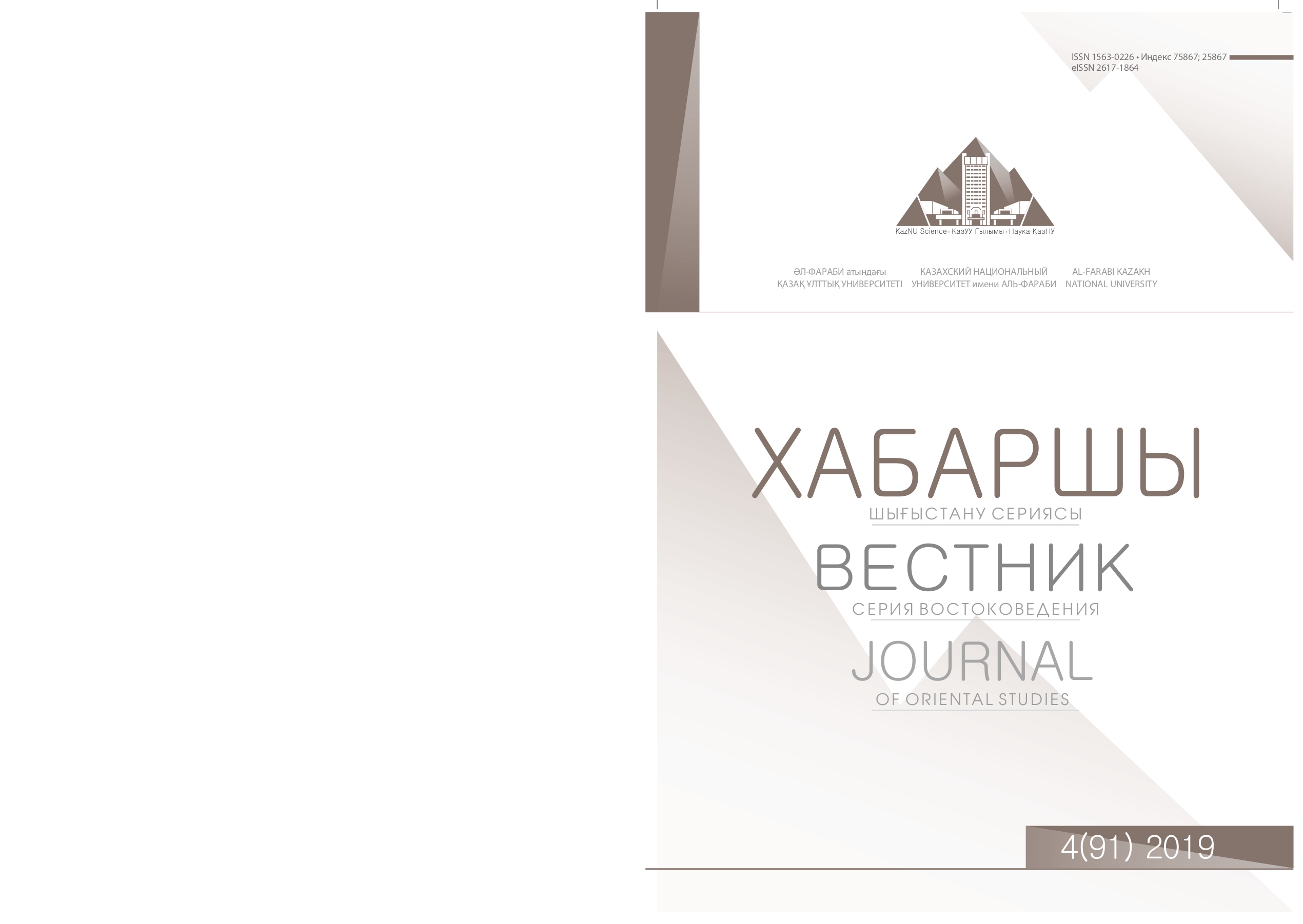A Trio that must go: changing us-qing relations from 1868 to 1882
DOI:
https://doi.org/10.26577/JOS-2019-4-o1Abstract
Abstract. The Burlingame Treaty of 1868 opened new perspectives in diplomatic action for both the U.S. and the Qing Empire; however, 14 years later in 1882 The Chinese Exclusion Act prohibited Chinese laborers from entering the United States. Those two documents reveal, it seems, completely different political attitudes toward the Qing Empire on the part of the United States. The focus of this article is to understand the internal factors that lead the United States to successively adopt these two opposing policies. Constant changes in the domestic political and economic situation of the United States, I argue, have led to the adjustment of foreign policy with the Qing Empire. One caricature from the American satire cartoon magazine PUCK is used to illustrate important aspects of the lesser known history of the US-Qing relations from the 1860s to the 1880s. Key words: US-Qing Relations, Burlingame Treaty, Chinese Exclusion Act, Chinese Labor, GOP, PUCK, Taiping Rebellion, American society, late Qing Empire(1860-1880), “A Trio that Must Go”














